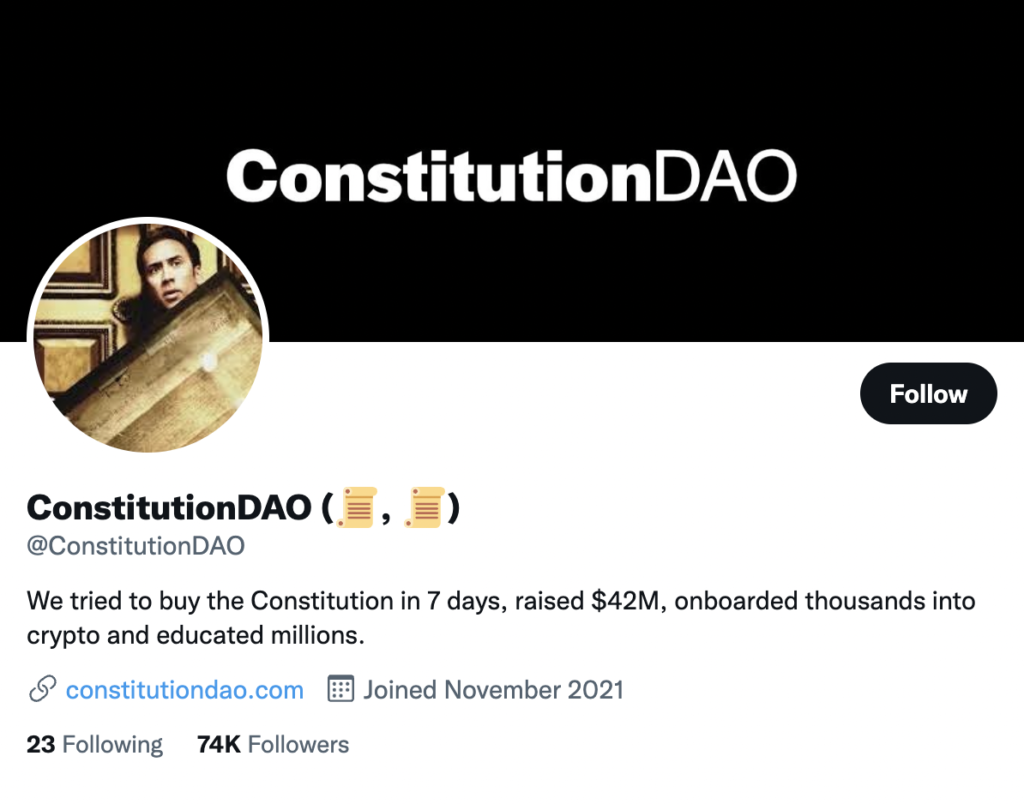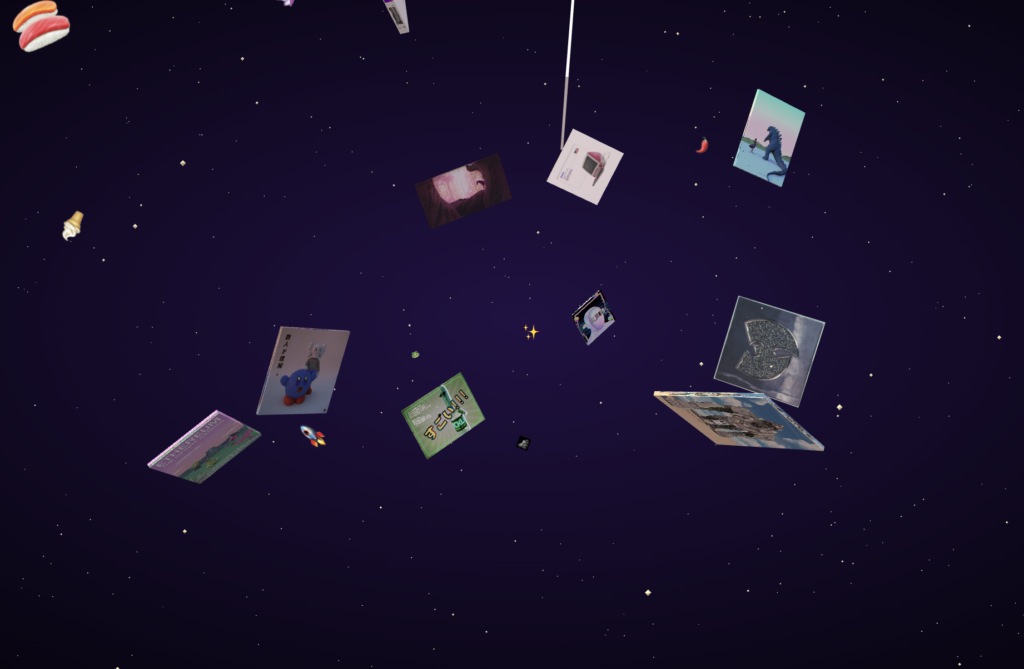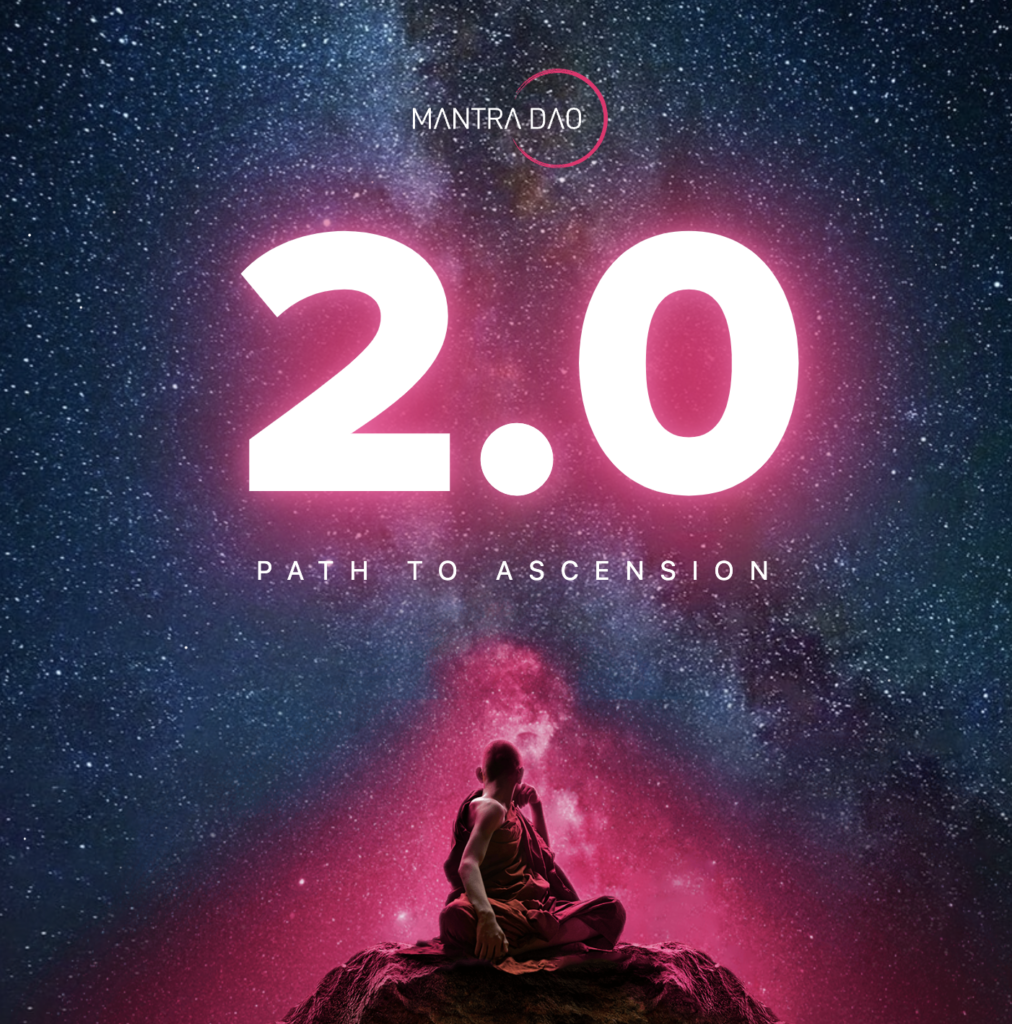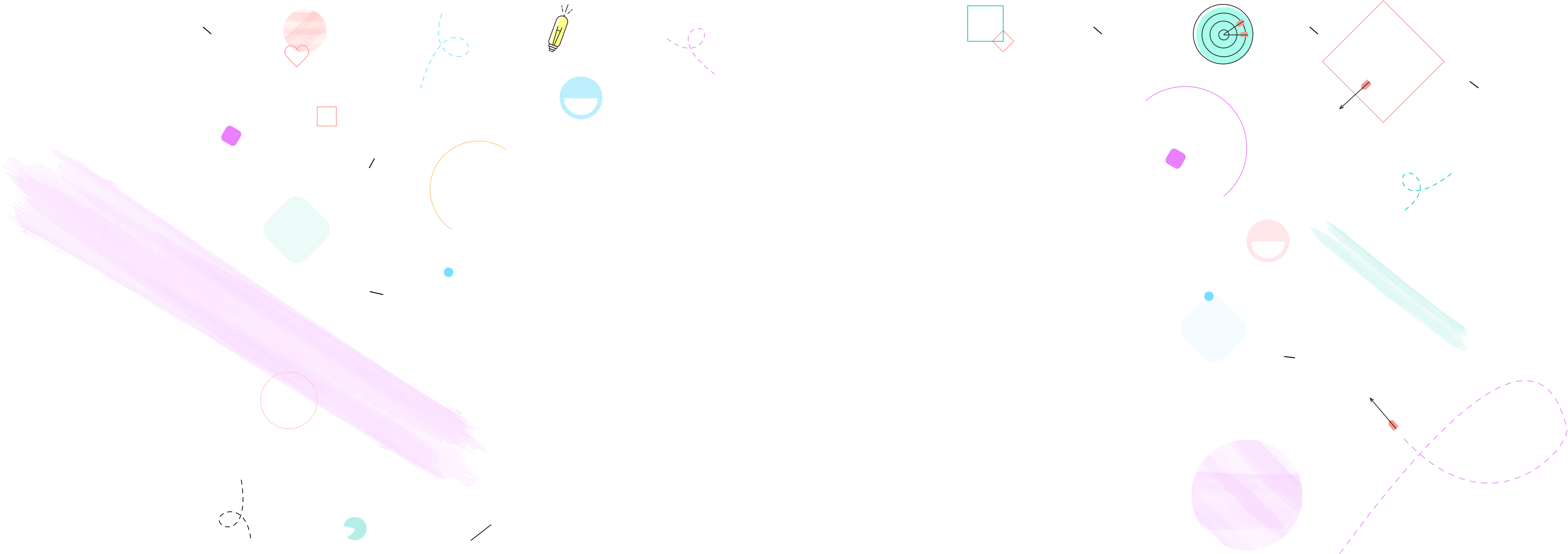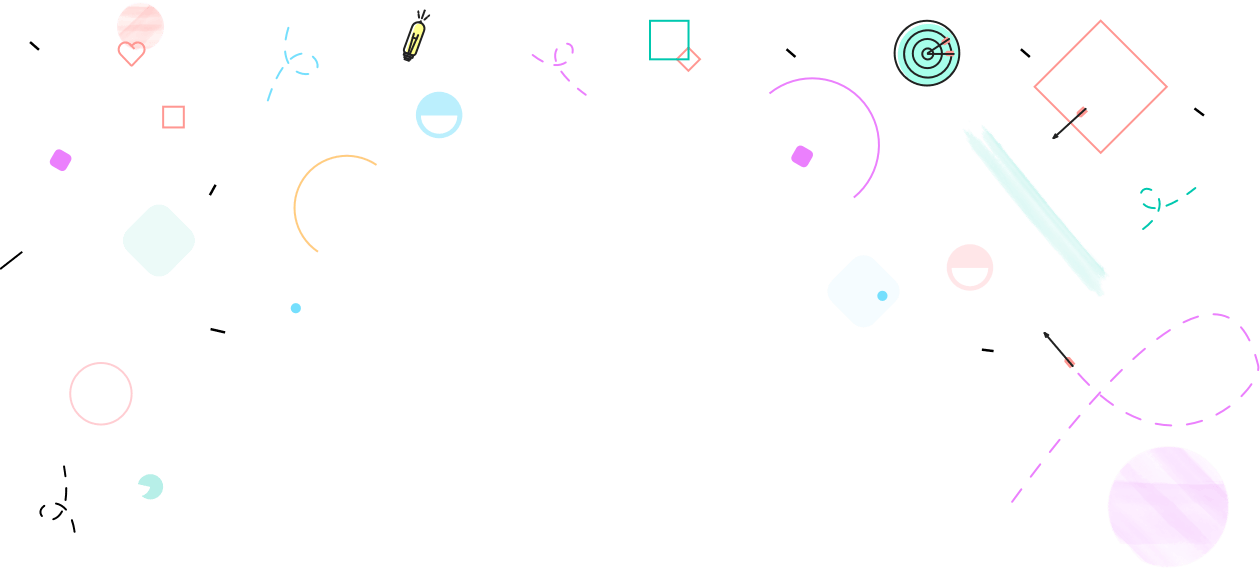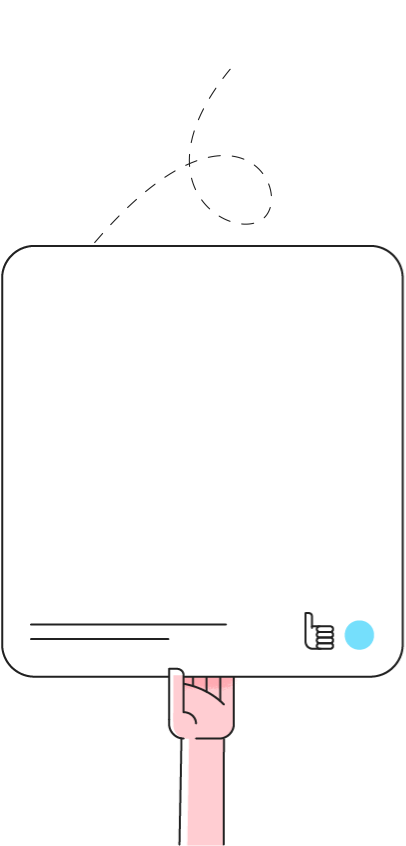Table of Contents
Crypto is a polarizing subject. Mention it at a dinner table with your friends, and you’ll get a variety of answers: some will condemn it for being an unregulated, money-wasting, dangerous investment, some will sing its praises and declare it the future of the economy, and others will look at you with blank stares. While much of crypto and its inner workings remain a mystery to the general public, the crypto community continues to change and develop new technology. Most recently, DAO (decentralized autonomous organizations) have become popular. Below we’ll dive into the question you likely have: what is a DAO?
What is a DAO and how does it work?
DAO’s can be likened to a club of crypto enthusiasts. While this is extremely simplified, these decentralized autonomous organizations often operate very similarly to a club or organization. They share a vision, goal, or purpose, and they crowdsource resources internally and work together to achieve their goals.
Interested in joining the community? Click here to learn more about the platforms crypto communities and enthusiasts communicate through.
What makes DAOs distinct from corporations is that the organization is completely decentralized: no central leader, no board of directors regulating the decisions, and no corporate hierarchy. This is made possible via blockchains and smart contracts on which the DAO is built. As DAOs have no hierarchy, most DAOs typically make decisions by a simple vote. People can earn membership and voting power by purchasing a governance token.
So now that we’ve answered the question “What is a DAO?”, you might be asking for some real life examples of DAOs. Below is a list of the more prominent DAOs and a brief description of their stories and purposes.
- ConstitutionDAO: A group of thousands of enthusiasts who raised more than $45 million in just a week to bid on the auction of a copy of the U.S. Constitution.
Via Twitter
- PleasrDAO: A group of crypto investors who teamed up to purchase various NFTs
Via pleasr.org
- Mantra DAO: A community-governed DeFi platform that aims to allow users to grow their wealth via staking, lending, and borrowing crypto assets.
Via Mantradao.com
Looking to run an epic influencer marketing campaign in the crypto community? NeoReach has the best experience in creating viral campaigns that convert on social media. Sign up here!
History of DAOs
Before we dive into an analysis of DAOs, let’s first examine their history. The first DAO was created in 2016 by the company Slock.it, a company that aimed to eliminate the need for a middleman in the real estate business by allowing home purchases using the Ethereum blockchain. Slock.it utilized their DAO essentially as a campaign fundraiser, the unique part being that in exchange for funds investors could vote to decide how the raised capital would be utilized.
Since then, DAOs have branched off into different types of organizations with different visions. It’s important to note that DAO doesn’t refer to one specific technology or type of structure. DAO is simply a descriptive acronym given to organizations that are decentralized utilizing blockchain technology.
Benefits and Risks
As with all things in the crypto and Web3 space, much is yet to be completely ironed out, and along with the amazing potential comes sizable risk as well. Accordingly, we don’t only need to ask ourselves “what is a DAO?” but what are the pros and cons of DAOs as well.
To start off with the benefits, DAOs offer similar benefits to decentralized technology. DAOs can be more transparent than traditional organizations because the decisions and votes appear directly on the blockchain ledger; in theory, no interference will happen because there is no one higher in the hierarchy who can alter the results or overrule decisions made by the members of the organization.
There is also more democracy in DAOs than in typical large corporations that run decisions through executive leadership or a board of directors.
Furthermore, DAOs are more nimble and fast-moving. Start-up businesses and projects need to go through significantly more regulations and legal processes to get set up. DAOs offer a medium in which people can quickly form organizations working towards a specific project quickly. They may also do it all digitally, utilizing crypto and online communication systems like Discord to make their decisions.
As previously mentioned, DAOs carry risk as well. Because this field is so new, setting up DAOs has its own unique problems. The first DAOs ran into legal and security issues because they failed to understand the proper steps and paperwork needed for their operations to be considered legal and safe.
Furthermore, depending on an organization’s purpose, DAOs might not be the best structure to choose. For example, if a group of people is solely interested in raising money to buy an item or for a particular cause, the transaction fees associated with cryptocurrency work against DAOs. For example, the aforementioned ConstitutionDAO paid $1.2 million in fees to the Ethereum network when it raised $47 million in crypto.
Finally, the DAO concept is still developing, revising, and expanding. The Web3 space and DAO idea aren’t as clearly defined legally, financially, and policy-wise as traditional organizations and corporations.
Want to understand more about the regulations in the crypto space before buying into DAOs? Read here
How companies can work with DAOs
DAOs offer a powerful marketing and advertising opportunity for companies. DAOs often have billions in their treasury, and they are actively looking to spend it. Thus, marketing and advertising agencies could invest these DAOs in ad campaigns to help promote their message and drive membership up. In fact, this is already a developing trend.
Additionally, DAOs are essentially a highly driven group of crypto enthusiasts banded together in one singular group. Web3 companies looking to sell their products therefore can reap great benefits if they partner with these DAOs. Furthermore, this is not solely limited to Web3 companies. Despite DAOs being decentralized, they still will need technology and other services that other corporations need to properly facilitate their goals.
For example, considering the looming crypto regulations coming down from policymakers, it is likely that these DAOs will soon need accountants and other bookkeepers to help them walk the fine line between legal and illegal.
To conclude, while DAOs have drawbacks and concerns, they also offer wild potential and great business opportunities regardless for marketing companies in addition to all types of businesses. Companies that can quickly change from asking “What is a DAO?” to “How can we partner with DAOs?” will find themselves ahead of the pack as the concept of DAOs and their operations become more refined.





